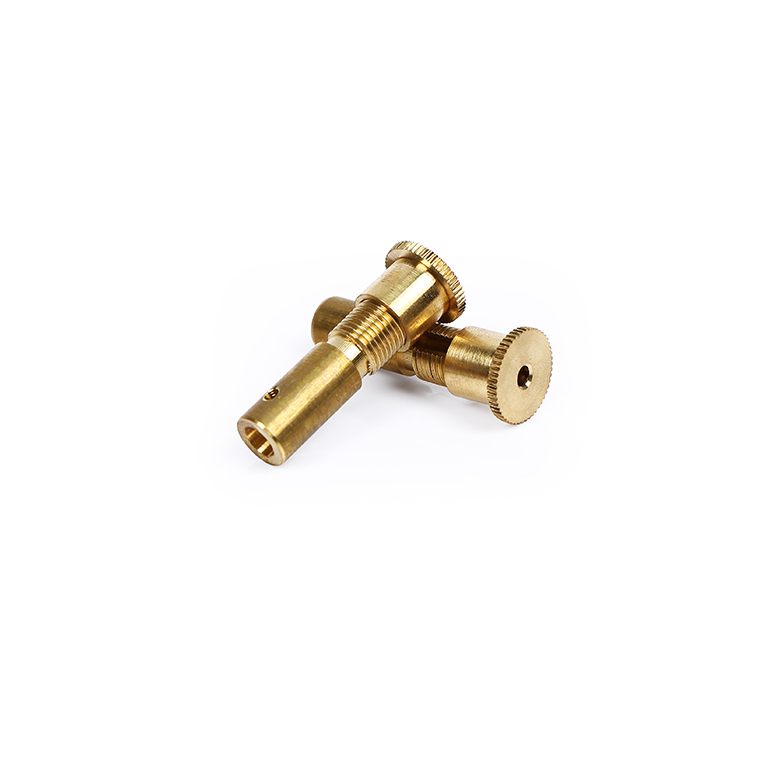
Mechanical manufacturing processes represent a broad spectrum of techniques and methods employed to fabricate mechanical components and parts. This realm of engineering plays a pivotal role in the production of machinery, equipment, and diverse mechanical systems. Industries such as automotive, aerospace, manufacturing, and more rely extensively on these processes to create the intricate components that power our modern world. In this comprehensive overview, we delve into the multifaceted world of mechanical manufacturing, exploring various techniques, materials, and quality control measures.
1. Machining
Machining stands as a fundamental pillar of mechanical manufacturing. It entails the removal of material from a workpiece to attain the desired shapes, dimensions, and surface finishes. The primary machining methods encompass:
Turning: Involves rotating the workpiece while a cutting tool removes material.
Milling: Utilizes rotary cutters to shape the workpiece.
Drilling: Creates holes in the workpiece.
Grinding: A precision process that imparts a smooth surface finish using abrasives.
The advent of Computer Numerical Control (CNC) machining has transformed this field, enabling highly accurate and repeatable machining operations.
2. Casting
Casting is a pivotal process wherein molten metal or other materials are poured into molds, where they solidify to assume the desired shape. Prominent casting methods include:
Sand casting: Utilizes sand molds to shape complex geometries.
Investment casting: Facilitates the production of intricate parts through wax patterns.
Die casting: Ideal for high-volume production of parts with precise tolerances.
3. Forging
Forging revolves around shaping metal by applying force through hammers, presses, or other mechanical equipment. This process enhances material properties by aligning the grain structure and eliminating defects.
4. Sheet Metal Fabrication
Sheet metal fabrication is integral for crafting thin, flat components indispensable in numerous industries. Techniques include cutting, bending, and welding to manufacture enclosures, brackets, panels, and other components.
5. Additive Manufacturing
Additive manufacturing, often referred to as 3D printing, constructs parts layer by layer using various materials, such as plastics, metals, and ceramics. This innovative technology offers unparalleled design flexibility and is widely adopted in prototyping, customization, and small-batch production.
6. Welding
Welding unites materials by melting them at their interface and allowing them to cool and solidify, resulting in a robust and permanent bond. Common welding techniques encompass arc welding, gas welding, and resistance welding.
7. Quality Control
Ensuring the quality of manufactured components is paramount. Quality control measures comprise:
Inspection: Incorporating visual, dimensional, and non-destructive testing.
Tolerances: Maintaining precise dimensions.
Material testing: Verifying material properties.
Documentation: Meticulous recording and traceability of production processes.
8. Materials
Material selection is a critical facet of mechanical manufacturing. Common materials include steel, aluminum, titanium, and various plastics, each boasting distinct properties tailored to specific applications.
9. Surface Treatment
Surface treatments, such as plating, painting, and coatings, enhance the durability, corrosion resistance, and aesthetic appeal of manufactured components.
10. Assembly
The final assembly step involves integrating individual components into the finished product. Assembly techniques span manual labor to automated production lines, ensuring the creation of fully functional systems.
In summation, mechanical manufacturing processes constitute the cornerstone of modern industry. These diverse techniques and methods underpin the creation of precise, reliable, and high-quality mechanical components, driving technological advancements across numerous sectors. From the traditional artistry of machining to the cutting-edge world of additive manufacturing, this field continues to evolve, pushing the boundaries of engineering and manufacturing possibilities, and fostering innovation across industries worldwide.

Copyright © 2021 Dongguan Yifeng Metal Co., Ltd. | All Rights Reserved